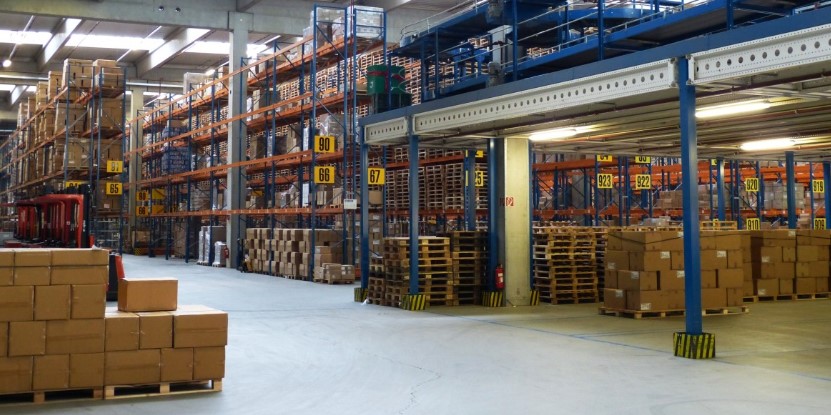Vendor Managed Inventory VMI
Contents |
[edit] Introduction
Vendor Managed Inventory (VMI) is a business model in which an organisation sets up an arrangement with a vendor and the vendor not only supplies goods but also manages and optimises the inventory from various distributors.
[edit] Establishing the relationship
This arrangement allows the organisation to delegate responsibilities associated with procurement and supply chain management to a third party service provider. This service may be handled by a vendor that provides parts, equipment and maintenance, repair and operations (MRO) materials. By being relieved of certain activities, a company is able to focus on its core competencies and forward planning activities while asking its service provider to enhance value chain engagement.
A Vendor Managed Inventory (VMI) arrangement is sometimes used by small to medium sized businesses that do not have the in-house expertise to manage supply chain logistics or the space to maintain stock. The arrangement relies on clear communication between the organisation and the vendor in order to ensure proper inventory levels are available.
Some vendors provide the warehousing facilities for materials. Others manage inventory in space that is located directly on the organisation’s premises.
[edit] Advantages and disadvantages
Vendor Inventory Management is a form of business process outsourcing (BPO). As with many outsourcing arrangements, both the organisation and the service provider are exposed to some degree of risk. The parties become dependent on one another for success and this requires a change in culture, attitude and procedures throughout the supply chain.
For the customer, the benefits can include:
- Staff are free to focus on core competency areas.
- Inventory levels can be monitored and managed efficiently.
- Supply chains can be managed in an expert and proactive manner.
- It gives the client the opportunity to learn about inventory management best practices from the vendor.
Customer disadvantages can include:
- Reliance on a relationship that may be vulnerable to external factors.
- Less control over inventory issues.
- Possible security concerns over proprietary information associated with the organisation.
- The potential to lose the advantages of open competition from suppliers.
[edit] Related articles on Designing Buildings Wiki
Featured articles and news
The UK’s largest air pollution campaign.
Future Homes Standard, now includes solar, but what else?
Will the new standard, due to in the Autumn, go far enough in terms of performance ?
BSRIA Briefing: Cleaner Air, Better tomorrow
A look back at issues relating to inside and outside air quality, discussed during the BSRIA briefing in 2023.
Restoring Abbotsford's hothouse
Bringing the writer Walter Scott's garden to life.
Reflections on the spending review with CIAT.
Retired firefighter cycles world to raise Grenfell funds
Leaving on 14 June 2025 Stephen will raise money for youth and schools through the Grenfell Foundation.
Key points for construction at a glance with industry reactions.
Functionality, visibility and sustainability
The simpler approach to specification.
Architects, architecture, buildings, and inspiration in film
The close ties between makers and the movies, with our long list of suggested viewing.
SELECT three-point plan for action issued to MSPs
Call for Scottish regulation, green skills and recognition of electrotechnical industry as part of a manifesto for Scottish Parliamentary elections.
UCEM becomes the University of the Built Environment
Major milestone in its 106-year history, follows recent merger with London School of Architecture (LSE).
Professional practical experience for Architects in training
The long process to transform the nature of education and professional practical experience in the Architecture profession following recent reports.
A people-first approach to retrofit
Moving away from the destructive paradigm of fabric-first.
International Electrician Day, 10 June 2025
Celebrating the role of electrical engineers from André-Marie Amperè, today and for the future.
New guide for clients launched at Houses of Parliament
'There has never been a more important time for clients to step up and ...ask the right questions'
The impact of recycled slate tiles
Innovation across the decades.
EPC changes for existing buildings
Changes and their context as the new RdSAP methodology comes into use from 15 June.
























